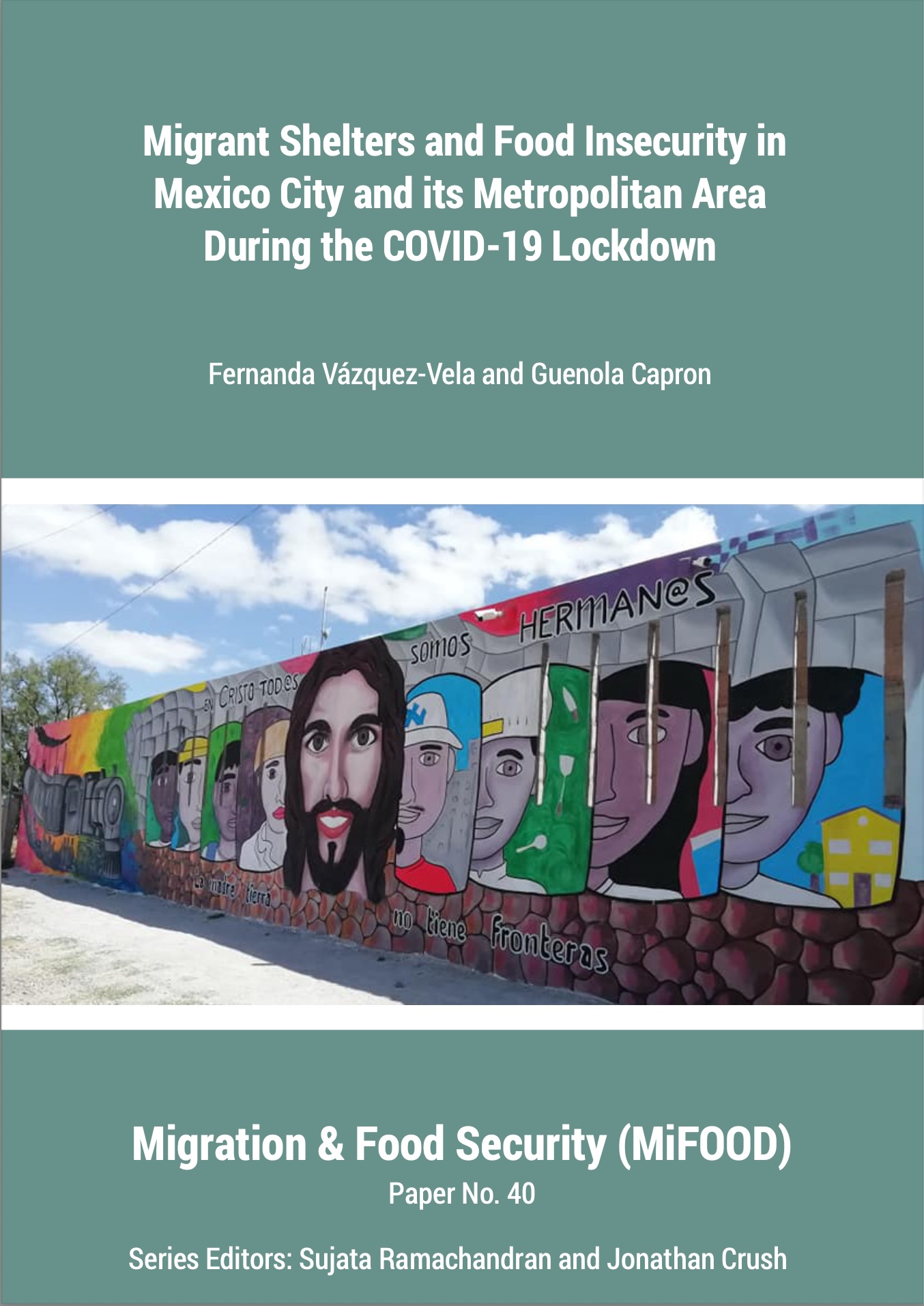The COVID-19 pandemic dramatically exacerbated vulnerabilities among migrant populations globally, and Mexico was no exception. This paper examines the experiences of four migrant shelters in Mexico City and its metropolitan area during the pandemic lockdown, highlighting how these institutions responded to the twin challenges of public health and food insecurity. The study draws on ethnographic and documentary research to analyse the coping strategies developed by managers and volunteers at the four shelters. These shelters serve diverse and particularly vulnerable groups, including undocumented migrants, women and children fleeing violence, and members of the LGBTTIQ+ community. Despite facing increased demand, reduced donations, and limited support from federal authorities, all four shelters remained operational during the pandemic, innovating their practices to ensure health safety and continued food provision. Strategies included modifying intake procedures, community-led cooking, rationing and adapting donated food, creating sustainable food sources, and seeking new alliances. The paper situates these responses within broader discussions of vulnerability and food insecurity, arguing that the resilience and solidarity displayed by shelter staff and residents during the crisis reveal the limitations of state assistance and the vital role of local actors and civil society. The paper underscores that migrant shelters are not only humanitarian lifelines but also transnational spaces where care, community, and resistance are enacted in the face of systemic neglect and intersecting crises. These experiences offer critical insights into how institutions navigated an unprecedented emergency and responded to the unique needs of mobile and marginalized populations.

